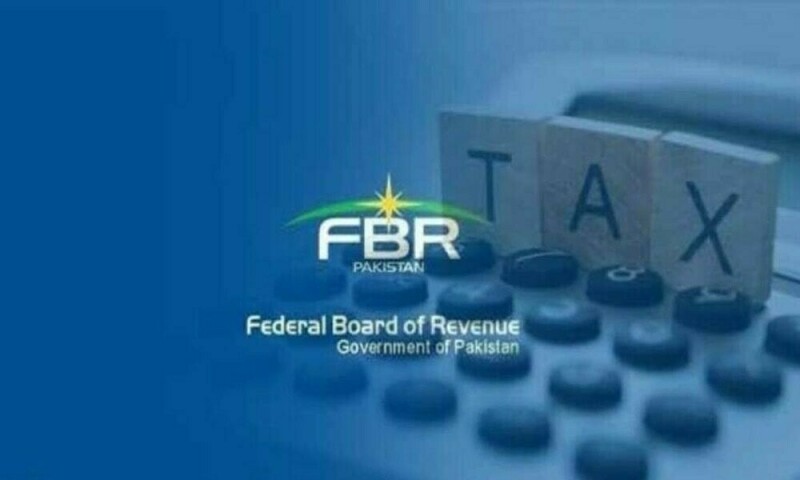ISLAMABAD: In a significant move to broaden the tax base and address long-standing inequities in Pakistan’s tax structure, the Federal Board of Revenue (FBR) has operationalised Section 175C of the Income Tax Ordinance, 2001.
This provision authorises Inland Revenue Officers to be stationed at business premises to monitor production, stocks, supply of goods, and more importantly, the rendering of services— especially by integrated enterprises in the largely undocumented service sector.
Similar provisions of the enforcement mechanism under Section 175C have existed under the Sales Tax Act, 1990 and Federal Excise Act, 2005 with respect to goods. This step simply brings services into parity, ensuring fair and comprehensive oversight across sectors, tackling the underground economy, which is estimated to be more than 30% of the formal GDP.
The measure is a response to growing public concern over the increasing tax fatigue among the salaried class and documented manufacturers. Through enhanced documentation of the high-potential service sector, FBR aims to create fiscal space that could allow potential downward revisions in personal income tax rates on salary earners. In contrast, the service sector—representing nearly 60% of GDP—remains largely undocumented, with over 70% of enterprises reportedly unregistered, leading to significant tax leakages.
The scope of this section specifically targets high-earning yet under-documented businesses including restaurants, hotels, guest houses, marriage halls, clubs, courier and cargo services, beauty parlours, clinics, hospitals, diagnostic laboratories, gyms, foreign exchange dealers, photographers, and traders.
Alarmingly, some private hospitals are reportedly charging Rs 100,000 to 200,000 per day for inpatient room occupancy—rates that exceed even those of five-star hotels. Many of these entities are underreporting revenues and non-compliant with tax laws, thus undermining public trust and depriving the state of critical revenue needed for social services and infrastructure.
The FBR reiterates that the intent behind this legislation is that those rendering services and profiting from Pakistan’s booming urban and semi-urban markets must shoulder their lawful tax obligations.
FBR urges all stakeholders to cooperate with tax authorities and ensure compliance. “Together, we can create a more just and robust fiscal architecture—one that does not penalize the honest and reward the non-compliant.”
Copyright Business Recorder, 2025


